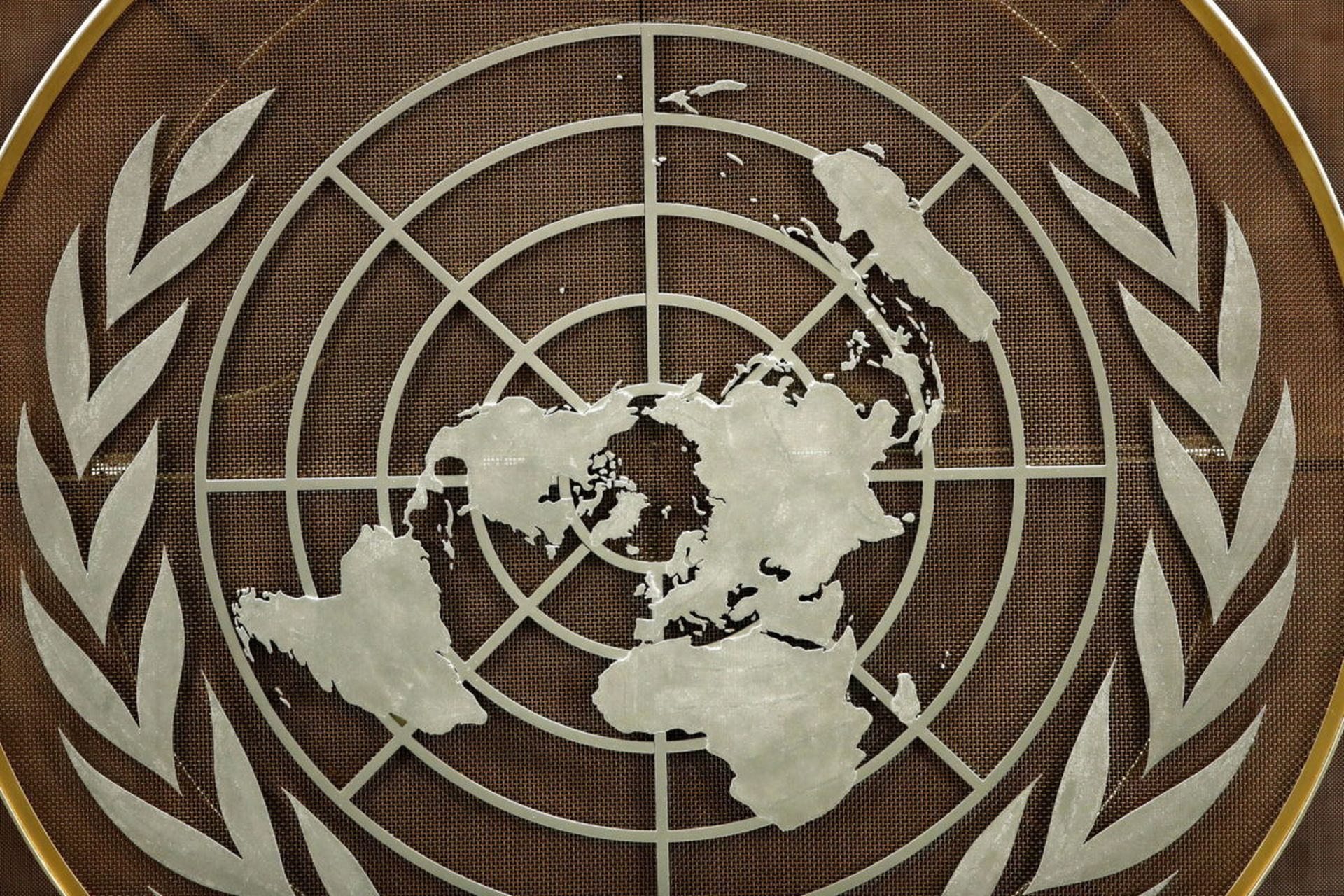The United Nations cybercrime treaty has been unanimously approved by the body's Ad Hoc Committee on Cybercrime and is expected to gain the favor of the General Assembly in the fall amid opposition from big tech firms and human rights organizations regarding digital investigation provisions that could suppress human rights, reports The Record, a news site by cybersecurity firm Recorded Future.
Attempted modifications to the portions of the draft that received contention were ultimately thumbed down, resulting in a final draft not far off from earlier iterations, according to Access Now Asia Pacific Policy Director Raman Jit Singh Chima, who noted the final draft's lack of protections against digital investigation and digital evidence authority misuse. "It, in fact, would enable more surveillance and enable data access in a way that undermines people's trust in computers and in digital technology and directly puts people at risk," Singh Chima said. Despite criticisms, such a treaty was noted by the Center for Strategic and International Studies' Strategic Technologies Program Director Jim Lewis to be progress in addressing global cybercrime over the Budapest convention that has not been approved by China, Russia, and other countries.




